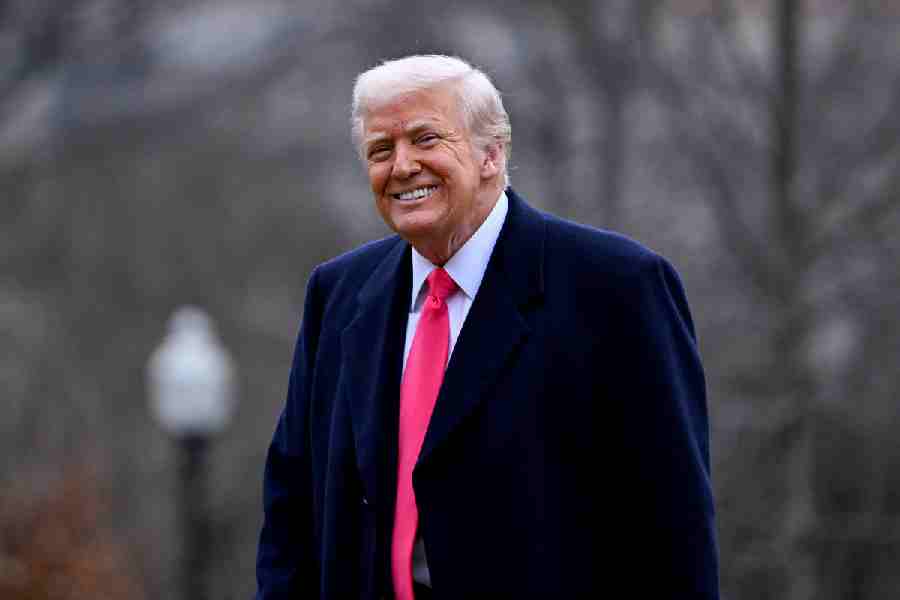After five weeks in which President Donald Trump made clear his determination to scrap America’s traditional sources of power — its alliances among like-minded democracies — and return the country to an era of raw great-power negotiations, he left one question hanging: How far would he go in sacrificing Ukraine to his vision?
The remarkable showdown that played out in front of the cameras early on Friday afternoon from the Oval Office provided the answer.
As Trump admonished President Volodymyr Zelensky and warned him that “you don’t have the cards” to deal with President Vladimir V. Putin of Russia, and as Vice-President J.D. Vance dressed down the Ukrainian leader as being “disrespectful” and ungrateful, it was clear that the three-year wartime partnership between Washington and Kyiv was shattered.
Whether it can be repaired, and whether a deal to provide the US revenue from Ukrainian minerals that was the ostensible reason for the visit can be pieced back together, remains to be seen.
But the larger truth is that the venomous exchanges — broadcast not only to an astounded audience of Americans and Europeans who had never seen such open attacks on each other, but to Putin and his Kremlin aides — made evident that Trump regards Ukraine as an obstacle to what he sees as a far more vital project.
What Trump really wants, one senior European official said before the flare-up, is a normalisation of the relationship with Russia. If that means rewriting the history of Moscow’s illegal invasion three years ago, dropping investigations of Russian war crimes or refusing to offer Ukraine security guarantees, then Trump, in this assessment of his intentions, is willing to make that deal.
To anyone listening carefully, that goal was bubbling just beneath the surface as Zelensky headed to Washington for his disastrous visit.
Secretary of state Marco Rubio — once a defender of Ukraine and its territorial sovereignty, now a convert to the Trump power plays — made clear in an interview with Breitbart News that it was time to move beyond the war in the interest of establishing a triangular relationship between the US, Russia and China.
Trump makes no secret of his view that the post-World War II system, created by Washington, ate away at American power.
Above all else, that system prized relationships with allies committed to democratic capitalism, even maintaining those alliances that came with a cost to American consumers. It was a system that sought to avoid power grabs by making the observance of international law, and respect for established international boundaries, a goal unto itself.
To Trump, such a system gave smaller and less powerful countries leverage over the US, leaving Americans to pick up far too much of the tab for defending allies and promoting their prosperity.
While his predecessors — both Democrats and Republicans — insisted that alliances in Europe and Asia were America’s greatest force multiplier, keeping the peace and allowing trade to flourish, Trump viewed them as a bleeding wound.
In the five weeks since his second inauguration, Trump has begun exercising a plan to destroy that system. It explains his demand that Denmark cede control of Greenland to the US, and that Panama return a canal that Americans built. When asked how he could seize sovereign territory in Gaza for redevelopment in his plan for a “Riviera of the Middle East,” he shot back, “Under the US authority.”
But Ukraine was always a complicated case. Only 26 months ago, Zelensky was feted in Washington as a warrior for democracy, invited to address a joint meeting of Congress and applauded by Democrats and Republicans.
Trump and Vance had signalled for months that the US commitment to Ukraine’s sovereignty was over. Three weeks ago, Trump told an interviewer that Ukraine “may be Russian someday”.
New York Times News Service










